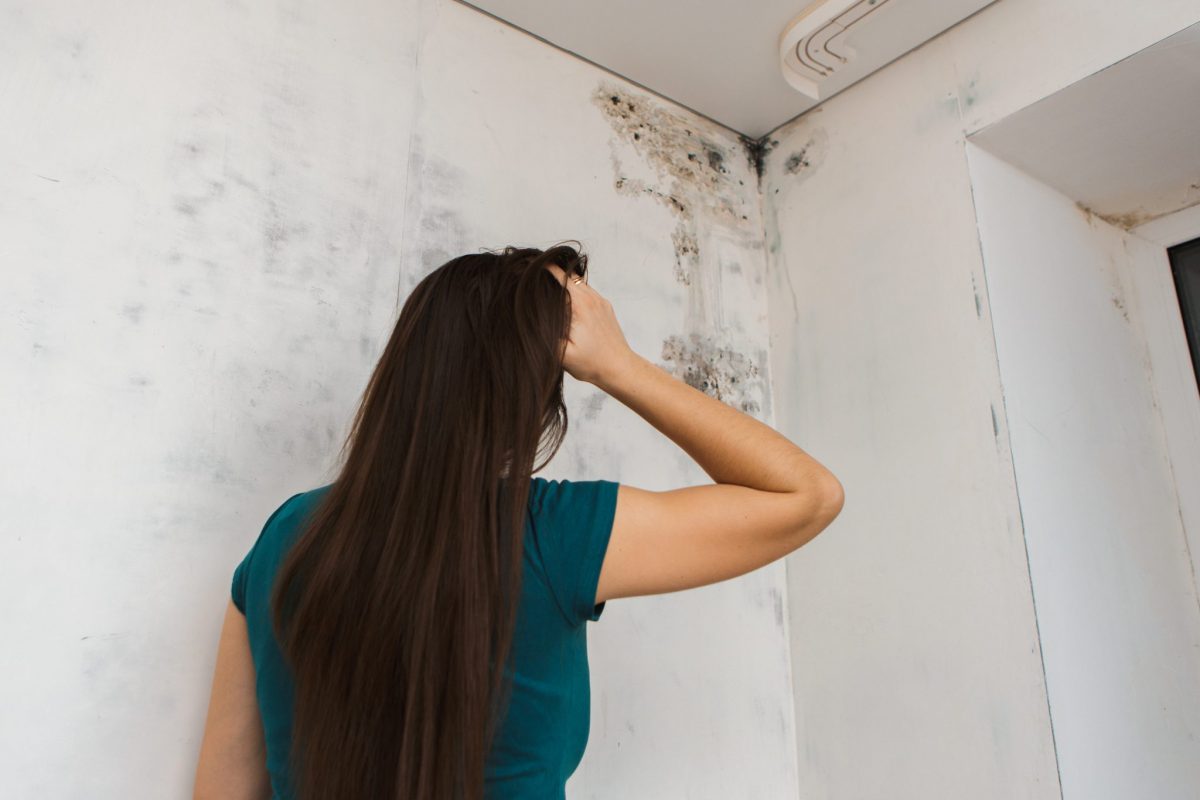Dealing with mold in your property can often be the cause of confusion and concern. It is the landlord’s responsibility to provide a home in safe and habitable rental for tenants, however, it is also the tenant’s responsibility to maintain a good level of hygiene to keep up the living conditions.
Mold in your property can be the result of quite a few things, but most commonly it forms when there is poor ventilation or excess moisture in the air or on a surface. At its worst, the mold can turn black in color and could potentially cause respiratory problems if left unchecked in the long-term.
Inspect the Area ASAP
If the tenant has made a complaint about mold in your property, it’s best to have it inspected. Without having a look at the mold in the property itself, it can be difficult to gauge how serious the issue is; especially as leaving it unchecked can create a significant health risk. In addition to this, mold that isn’t properly looked at can damage your property.
Bring in the Professionals
If this is your firs time in dealing with such issues, its best to bring in a professional to oversee the process of testing and removal. By doing so, you can get a much better idea about where the mold has come from and where it has spread to.
Also, most professionals have the equipment to test the mold without waiting for lab results. Hiring professionals can be costly, so as an alternative you can also purchase an at-home test kit from most hardware stores.
Get Rid of It
Now that you’ve established the type of mold it is and where it’s coming from, you can now work towards removing it. If the mold is caused by tenants’ behavior, then resolving it is up to them.
For smaller infestations of mold, you can begin cleaning the affected area with soap and water. Bathroom and kitchen tiles can withstand stronger chemical cleaning products and bleaches.
Larger mold problems are best left to the professionals, especially when the mold is a side effect of a leaking roof or other structural issues that have let excess moisture enter the property.
Another common issue in rental properties are pests, which we have talked about in our previous article! Have a read: ‘ Pest Control: Is It The Landlord or Tenant’s Responsibility?‘
If you’re interested in or would like to learn more about our services, register here!

